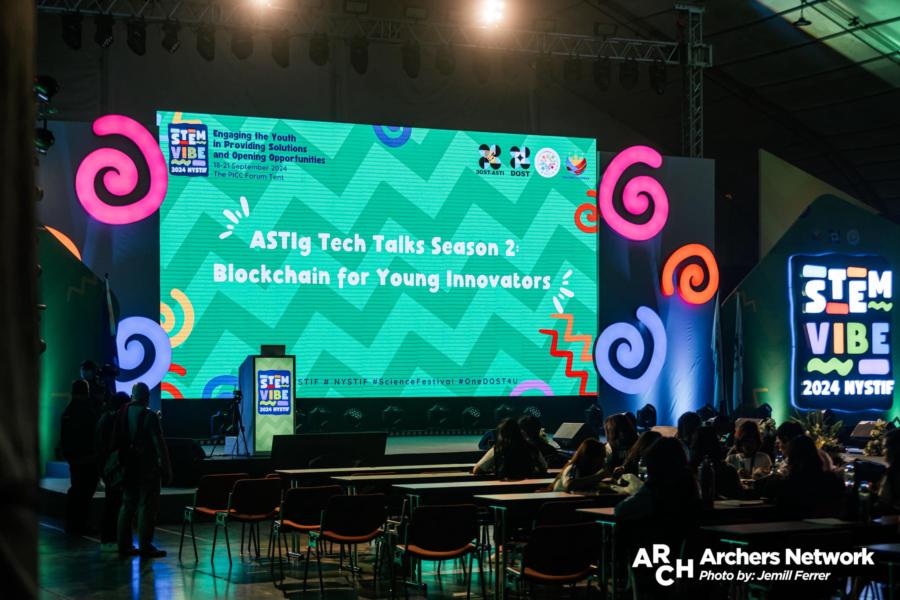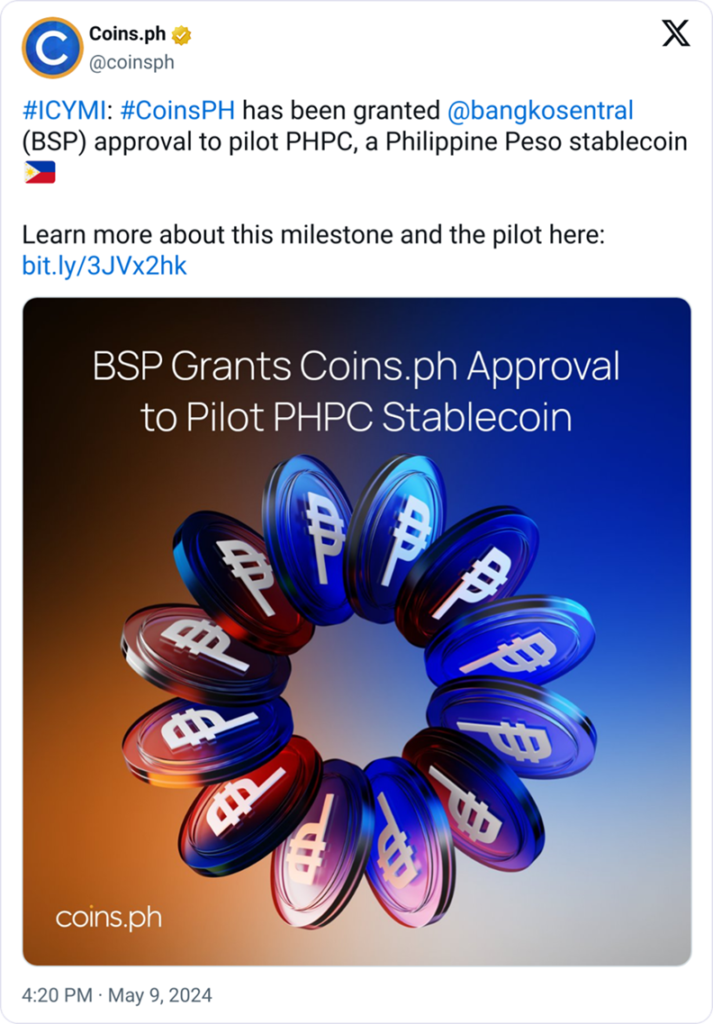Philippine Agency in the Department of Science and Technology is providing youth with hands-on experience in blockchain, cryptocurrency, and NFTs through a tech forum.

A Philippine government agency specializing in the research and development of science and technology is providing young individuals with practical experience in blockchain technology, cryptocurrencies, and non-fungible tokens (NFTs).
On September 20, the Department of Science and Technology-Advanced Science and Technology Institute (DOST-ASTI) of the Philippines organized a technology forum to engage young people in exploring the potential of blockchain technology.
As per the agency, the operations of public and private institutions are being transformed by next-generation technologies, including artificial intelligence, blockchain, and cybersecurity.
Demonstrating the Diverse Applications of Blockchain Technology
“The objective of this forum was to inspire young minds with the potential of blockchain, thereby motivating them to investigate science, technology, and innovation as potent instruments for developing a more sustainable and improved future,” the announcement stated.
The fundamentals of blockchain technology were initially introduced to the participating students. Roxanne S. Aviñante, a senior science research specialist at DOST-ASTI, identified blockchain as an emergent technology that is in high demand for employment.
Marc Jerome T. Tulali, an additional DOST-ASTI specialist, explained NFTs and real-world applications of blockchain technology, including immutable information storage and voting.
He also disclosed that the Philippines is creating a blockchain-based system for the management of intellectual property, referred to as the Self-Sovereign Identity Empowerment: Reinventing Rights and Attributes (SIERRA).
Additionally, the pupils in the Philippines acquired knowledge regarding implementing blockchain in various other business sectors, such as healthcare, government, and public sector, central bank digital currencies (CBDC), decentralized finance (DeFi), identity, and physical infrastructure.
The Philippines has initiated federal-level investigations into stablecoins and prepared its youth for the technological disruption driven by blockchain technology.
The Establishment of a National Stablecoin
The Bangko Sentral ng Pilipinas (BSP), the central bank of the Philippines, initiated controlled trials of a national stablecoin that was pegged 1:1 to the local peso in May.

Within the sandbox environment, the country collaborated with Coins.ph to preserve currency reserves in pesos that are equivalent to the circulating supply of the PHPC stablecoin.
The simulation testing is designed to evaluate the real-world performance of the PHPC stablecoin and its influence on the local fiat ecosystem.
In an interview with Cointelegraph, CEO Wei Zhou of Coins.ph stated, “Our objective is to guarantee that PHPC improves remittances and enhances digital asset trading, a sector in which the Philippines is the fourth largest in terms of inflows.”
